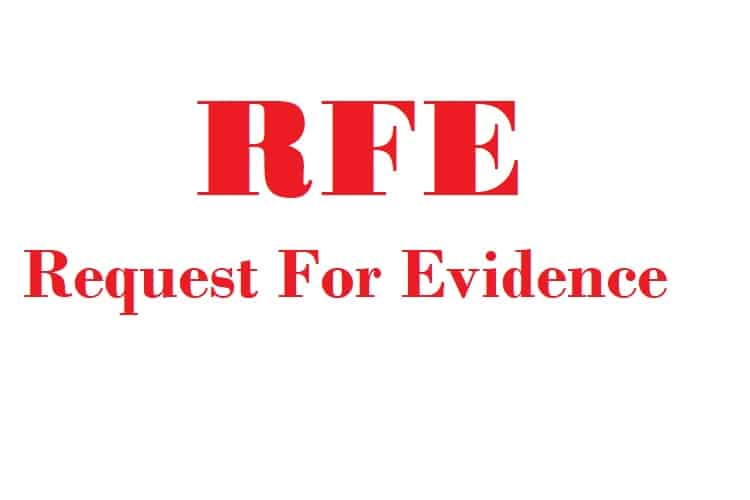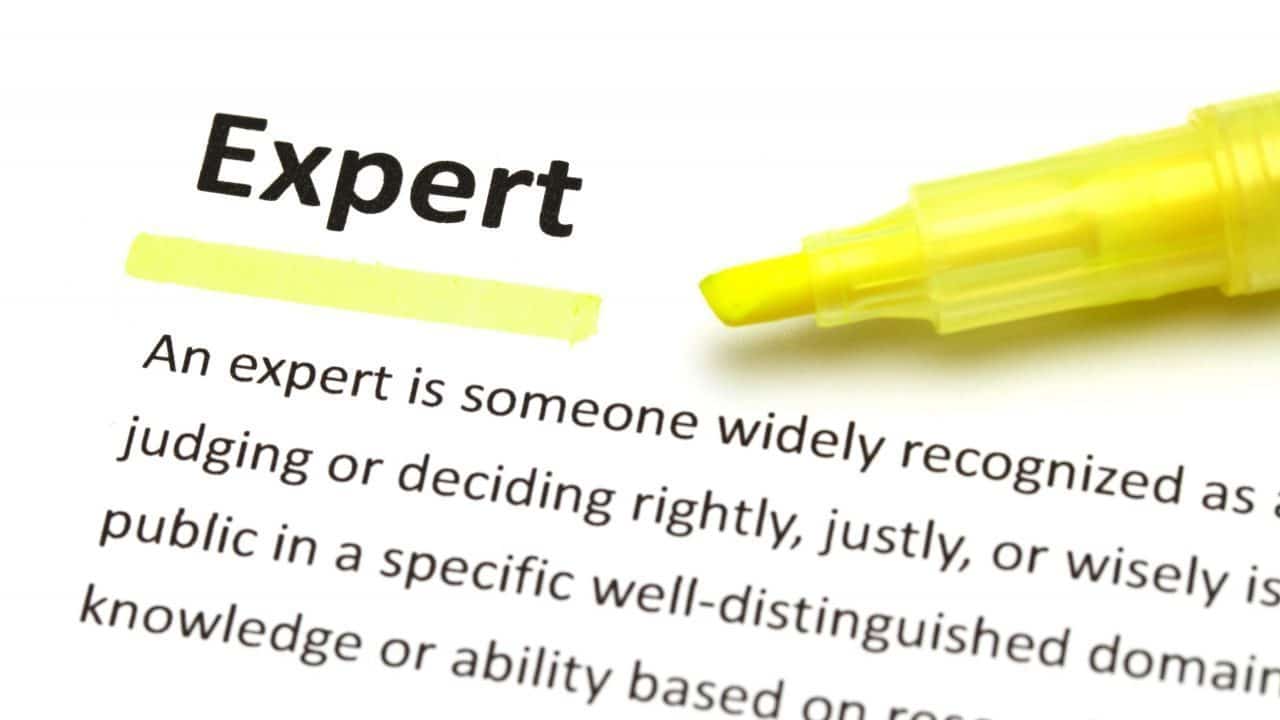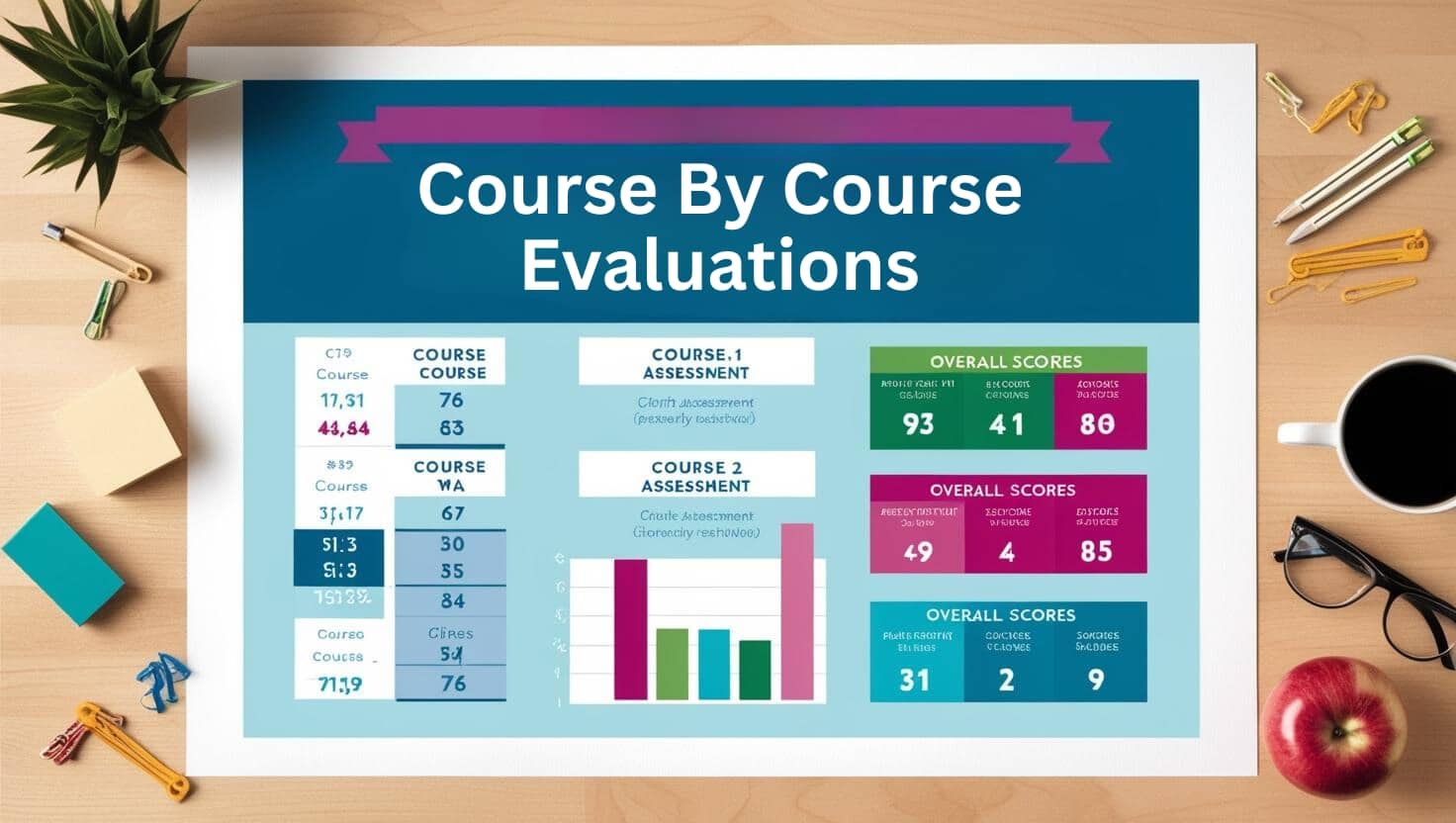Introduction
In a https://privatebin.net/?f4a840f8a8e80ba2#8EpX7hrV6mWg9sPp1BC91yEBZeVNpvyfMEeVYhCqbZDV progressively globalized world, the need to examine work experience accurately has never been more important. People seeking to advance their professions or relocate typically find themselves navigating a maze of scholastic and professional qualifications from different countries. For employers and educational institutions alike, comprehending these credentials is pivotal in guaranteeing that they select the ideal candidates.
This short article dives deep into Unlocking Possible: Comprehensive Work Experience Assessment Techniques, exploring numerous methods, consisting of academic credential evaluation, international credential assessment services, course-by-course credential evaluation, and the significance of the expert viewpoint letter in making notified decisions about potential employees or students.
Unlocking Prospective: Comprehensive Work Experience Evaluation Techniques
Evaluating work experience functions as a bridge between specific prospective and chance. Yet, how do we unlock this possible effectively? The answer depends on a multi-faceted approach that integrates various evaluation techniques customized to specific needs and contexts.
Understanding Work Experience Evaluation
Work experience evaluation assesses a person's expert background, abilities, and proficiencies relative to job requirements or instructional standards. This procedure can significantly vary based upon region, industry, and specific roles.

The Significance of Precise Evaluation
Why is precise work experience examination vital? Slipups can cause poor hiring decisions, mismatched educational placements, or unsatisfied career aspirations. It's necessary for employers and organizations to ensure they use exact techniques when examining qualifications.
Key Parts in Assessing Work Experience
Professional Background Check
A thorough evaluation of previous work history is important. This consists of verifying job titles, durations of work, obligations held, and achievements.
Skills Assessment
Comprehending the skills gotten during previous roles helps determine suitability for future positions.
Industry Relevance
Evaluating whether previous experiences line up with present market requirements is vital for a significant assessment.
Academic Credential Evaluation
This involves examining any formal education got along with expert experience.
Types of Credential Evaluations
International Credential Assessment Services
When prospects possess qualifications from foreign institutions, worldwide credential examination services come into play.
What Are International Credential Examination Services?
These services evaluate foreign educational qualifications versus regional standards. They provide insights into how degrees equate within the domestic education system or labor market.
Why Usage These Services?
- To comprehend equivalency in regards to education level To assist in smoother immigration processes To boost employability by confirming foreign qualifications
Course-by-Course Credential Evaluation
What Is Course-by-Course Credential Evaluation?
This type examines each course taken during a candidate's education journey instead of just providing an overall degree equivalency.
Benefits
- Detailed insights into particular courses carried out Enables institutions to make informed decisions concerning credit transfers Supports applicants looking for additional education by highlighting strengths and weaknesses
Crafting Effective Expert Opinion Letters
An expert opinion letter acts as a crucial file in many evaluation https://travistjsv011.raidersfanteamshop.com/academic-credential-examination-bridging-the-gap-in-between-countries procedures.

What Is a Professional Viewpoint Letter?
This letter is composed by specialists who have knowledge in assessing academic credentials or work experience relative to market standards.
Why Are They Important?
Expert viewpoint letters serve numerous functions:
- Provide reliable assessments Validate claims made by prospects about their experiences Enhance credibility during application processes
Steps for Carrying out an Extensive Work Experience Evaluation
Gather Documentation
Collect all pertinent documents including CVs, referral letters, and performance reviews.
Conduct Interviews
Direct conversations supply deeper insights into prospects' experiences and soft skills.
Use Standardized Tools
Utilize frameworks or tools designed for evaluating abilities and experiences systematically.
Comparison Against Standards
Line up findings with industry benchmarks to establish importance and value.
Compile Findings into Reports
Present results clearly for stakeholders' review-- transparency is key!
Challenges in Work Experience Evaluation
Recognizing Pitfalls
Despite best efforts, difficulties are plentiful in evaluating work experience precisely:

How to Get rid of These Challenges?
- Train critics on cultural competency. Utilize databases that clarify job title equivalencies throughout industries.
FAQs
1. What does scholastic credential assessment entail?
Academic credential assessment normally includes evaluating degrees acquired from numerous institutions worldwide to identify their equivalency in another nation's education system.
2. Why are international credential examination services necessary?
They assistance validate foreign qualifications so that people can acquire employment or admission into curricula without confusion over their qualifications' legitimacy.
3. What distinguishes course-by-course credential evaluation from regular evaluations?
Course-by-course assessments examine each individual course taken during one's education rather than merely assessing the degree as a whole.
4. How does an expert opinion letter support my application?
A professional viewpoint letter offers reliable backing for your claims regarding your qualifications or experiences and can considerably bolster your application's strength.
5. What are common challenges faced during work experience evaluations?
Common obstacles include cultural differences impacting analyses of roles/skills, variability in job titles across areas, and lack of standardization leading to confusion over equivalencies.
6. How can I get ready for a work experience evaluation?
Gather detailed paperwork like your CV/resume, references from previous employers, international Credential Evaluation for Students & Professionals performance reviews if readily available, and be prepared to discuss your experiences openly during interviews.
Conclusion
As we've explored throughout this short article on " Unlocking Possible: Comprehensive Work Experience Evaluation Techniques," it's clear that efficient evaluations hinge on nuanced understanding and precise execution of a number of methods-- varying from scholastic credential examinations to skilled opinion letters that provide credence to personal narratives.
Employers should welcome these comprehensive techniques not just as governmental requirements but as chances to empower individuals through reasonable assessments-- ultimately opening the vast potentials concealed within diverse backgrounds worldwide! By investing time in refining these methods today, services can develop stronger teams tomorrow while individuals can browse their profession paths with clearness and confidence.